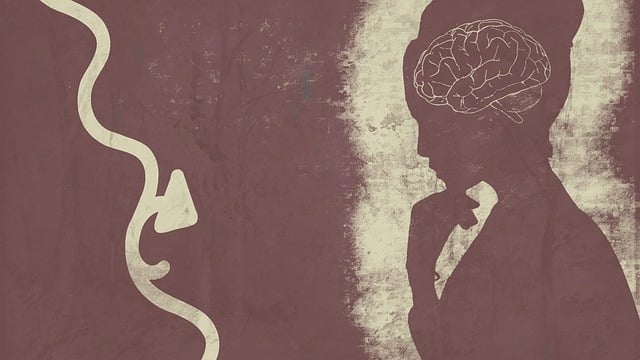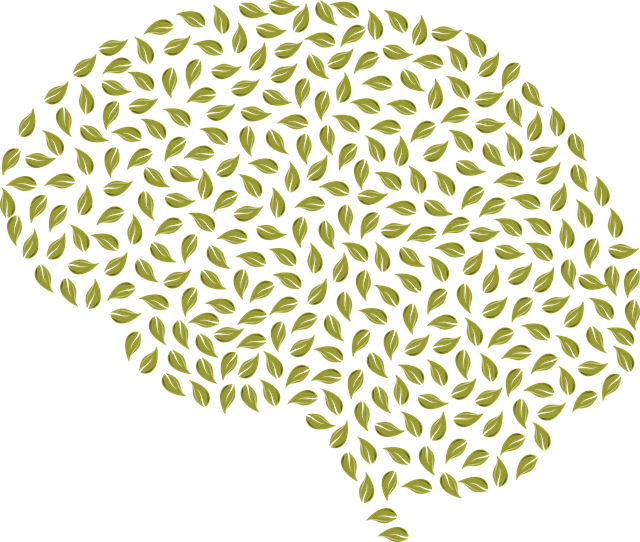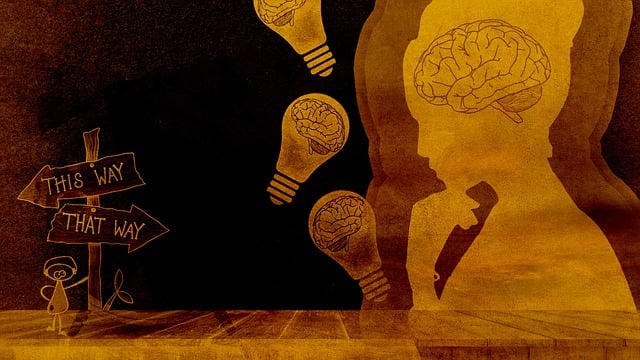Centennial Parenting Skills Therapy offers a holistic approach to mental health education, emphasizing interactive techniques like Mental Wellness Journaling. This program equips parents and individuals with tools to recognize and manage their mental wellness needs, strengthening family dynamics and fostering resilience. Tailored content for diverse audiences, including engaging activities for youth and practical strategies for adults, ensures effective learning. Continuous evaluation, data-driven improvements, and feedback integration ensure the curriculum remains relevant and impactful, benefiting both personal and professional contexts.
Mental health education programs play a pivotal role in fostering resilient minds, especially in today’s fast-paced world. This article explores the design of an innovative program focused on Centennial Parenting Skills Therapy, targeting diverse audiences. We delve into essential components such as understanding mental health fundamentals, interactive session design, and tailored content for varying ages and needs. By examining evaluation methods, we highlight the program’s impact on participant well-being, offering valuable insights for continuous improvement.
- Understanding Mental Health: A Foundation for Parenting Skills
- The Centennial Approach: Fostering Resilient Minds in Today's Era
- Program Structure: Designing Engaging and Interactive Sessions
- Target Audience Considerations: Tailoring Content for Different Ages and Needs
- Evaluation and Impact: Measuring Success and Continuous Improvement
Understanding Mental Health: A Foundation for Parenting Skills

Understanding mental health is a fundamental aspect of effective parenting skills therapy, especially in today’s fast-paced world where stress and anxiety can significantly impact individuals and families. This foundational knowledge equips parents with the tools to recognize not only their own mental wellness needs but also those of their children. By integrating coping skills development through various exercises like Mental Wellness Journaling, parents become better equipped to navigate challenging situations and foster a supportive environment at home.
Centennial Parenting Skills Therapy emphasizes the importance of this knowledge base, as it forms the bedrock for risk management planning among mental health professionals. Through comprehensive education programs, parents gain insights into managing their own mental health while learning strategies to help their children develop resilience. This holistic approach not only enhances family dynamics but also contributes to the overall well-being of each individual within the family unit.
The Centennial Approach: Fostering Resilient Minds in Today's Era

In today’s fast-paced and often stressful world, fostering resilient minds is more crucial than ever. The Centennial Approach to mental health education program design emphasizes holistic development by equipping individuals with the necessary skills to navigate life’s challenges. This approach draws inspiration from Centennial Parenting Skills Therapy, focusing on nurturing emotional intelligence, coping strategies, and adaptive behaviors from a young age. By integrating public awareness campaigns and engaging Mental Wellness Journaling Exercises, participants can develop a deeper understanding of their mental states and cultivate self-care routines for better mental health.
This proactive strategy goes beyond traditional therapy by promoting mental wellness as a lifelong practice. Through interactive guidance, individuals learn to manage stress, build resilience, and enhance overall well-being. The Centennial Approach aims to create a generation that is not just aware of mental health but also empowered to prioritize it, ensuring a more sustainable and balanced future.
Program Structure: Designing Engaging and Interactive Sessions

Effective Mental Health Education Programs Design involves crafting sessions that are engaging and interactive. This approach ensures participants actively engage with material, fostering deeper understanding and long-lasting behavioral changes. At the core of successful programs like Centennial Parenting Skills Therapy lie strategies that promote active learning, such as group discussions, role-playing scenarios, and hands-on activities. These methods not only make sessions more enjoyable but also facilitate better retention of key concepts, including mood management and resilience building.
Interactive design encourages participants to apply learned techniques in real-world situations, reinforcing their effectiveness. By integrating these practices into the fabric of each session, programs can create a dynamic learning environment that empowers individuals to take control of their mental well-being. This approach aligns with the holistic goals of mental health education programs design, aiming to equip participants with practical tools for managing stress, regulating emotions, and cultivating resilience in daily life.
Target Audience Considerations: Tailoring Content for Different Ages and Needs

When designing a mental health education program, it’s paramount to consider the diverse needs and ages of your target audience. Centenal Parenting Skills Therapy, for instance, might require a different approach than programs aimed at teenagers or young adults. For younger participants, engaging activities and interactive exercises that incorporate games and visual aids can be highly effective. This could include mental wellness journaling exercises for self-reflection, promoting healthy coping mechanisms, and fostering open communication.
On the other hand, adult learners might benefit from more in-depth discussions, case studies, and practical strategies for managing stress and emotional challenges. Incorporating risk assessment techniques for mental health professionals can empower them to identify potential issues early on and provide appropriate support. Moreover, incorporating compassion cultivation practices into the curriculum fosters empathy and resilience, benefiting both personal and professional relationships.
Evaluation and Impact: Measuring Success and Continuous Improvement

Evaluation and impact are critical components of designing an effective mental health education program, such as Centennial Parenting Skills Therapy. Measuring success involves a multifaceted approach that includes tracking participant engagement, knowledge acquisition, and behavioral changes. Using validated tools and self-assessments, programs can gauge how well participants understand key concepts like emotional regulation and conflict resolution, and whether these skills are being applied in their daily lives.
Continuous improvement relies on collecting and analyzing data to identify areas for enhancement. Feedback from participants, healthcare provider cultural competency training, and the integration of confidence boosting emotional well-being promotion techniques can all contribute to refining the program. By adopting a cycle of evaluation and adjustment, mental health education initiatives like Centennial Parenting Skills Therapy can ensure they remain relevant, impactful, and tailored to the evolving needs of their target audience.
Mental health education programs, such as those focused on Centennial Parenting Skills Therapy, play a pivotal role in fostering resilient minds within today’s era. By combining foundational knowledge with engaging, interactive sessions tailored to diverse audiences, these programs empower individuals and families alike. Through careful evaluation and continuous improvement, we can ensure that each session leaves a lasting impact, revolutionizing mental health literacy one step at a time.














